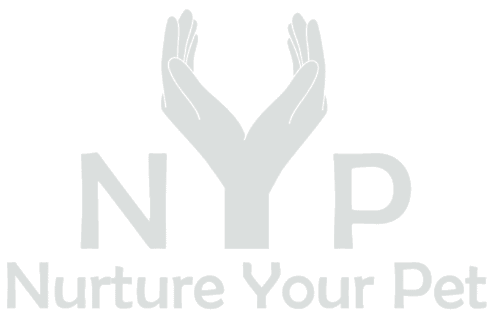Understanding Your Pets' Unique Needs
The first step in managing mealtime in a multi-pet home involves understanding the specific dietary needs of each pet. Different breeds, ages, and sizes of pets often require varying nutritional content. Thus, personalizing meals according to individual health status, age, and lifestyle is paramount. It guarantees your pets get the nutrients they need without overfeeding or underfeeding anyone.
Implement a Feeding Schedule
Implementing a regular feeding schedule is crucial in multi-pet households. Consistency helps reduce competition and ensures each pet receives the appropriate portion. Establish fixed meal times, preferably twice a day, and stick to it. Remember, consistency is the key here. It instills a routine, promotes better digestion, and lessens anxiety among pets.

Separate Feeding Spaces
An excellent way to mitigate mealtime mayhem is by assigning separate feeding spaces for each pet. This practice eliminates competition and prevents fast eaters from finishing others' meals. You can use different rooms or barriers like pet gates to separate the feeding areas. Offering a quiet, safe space for each pet encourages calm eating and can deter any aggressive food behaviors.
Employ Puzzle Feeders or Slow Feeder Bowls
Using puzzle feeders or slow feeder bowls is another useful method to manage mealtime. These types of feeders stimulate mental activity and slow down fast eaters. Pets must work a little harder to get their food, promoting healthier eating habits and reducing the risk of conditions such as bloat in dogs.
Monitor Mealtime
In a multi-pet home, monitoring mealtime is essential. This measure allows you to observe your pets' eating behaviors and ensure that everyone finishes their meals. Monitoring also helps in early detection of any potential health issues if a pet is eating less than usual or showing signs of discomfort while eating.

Professional Consultation
A professional consultation with a vet or a pet nutritionist can provide additional support. They can offer expert advice tailored to your pets' needs, such as diet recommendations and portion control measures. This tailored approach ensures that each pet is optimally nourished.
Patience and Positive Reinforcement
Lastly, practice patience and provide positive reinforcement. Changing behaviors can take time, and your pets will need your support. Reward them for good eating habits and maintain a positive attitude. This process encourages good behavior, makes mealtime enjoyable, and strengthens the bond with your pets.
Conclusion
Managing mealtime in a multi-pet household might seem overwhelming, but with thoughtful planning and patience, it can be a calm, enjoyable experience. Remember, every pet is unique, and the key is to find a system that caters to their individual needs while promoting a harmonious living environment.
Check out our Pet Tips Blog for practical advice on pet care, including preventive measures, health concerns, nutrition guidance, and overall well-being tips for your furry friends.








